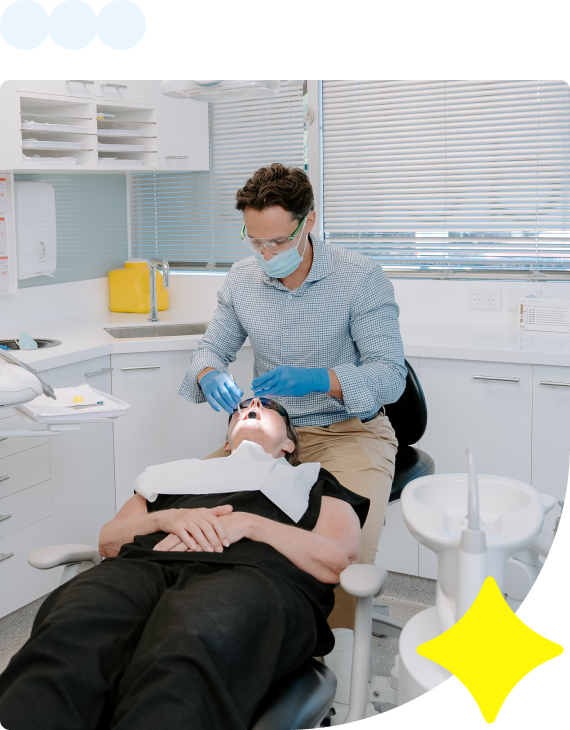At Enso Dental North Perth, we recognise that dental anxiety and phobias can significantly hinder access to dental care. To address this, we offer a variety of sedation options aimed at providing a comfortable and stress-free experience for our patients. These sedation methods are designed to alleviate anxiety, making dental visits more manageable for those with dental fears.
At Enso Dental North Perth, twilight or conscious sedation is available, administered through various routes, such as:
- IV Sedation:
This sedation technique is administered intravenously by a medical professional. It’s highly effective for inducing a relaxed state, often resulting in the patient having little to no memory of the procedure. This method is particularly suitable for complex dental treatments. - Inhalation Sedation:
Patients inhale a gentle sedative through a mask. It aids in relaxation while keeping them fully aware during the procedure. One of its key advantages is the rapid dissipation of its effects, allowing for a quick recovery. - Oral Sedation:
Taken before the dental appointment, oral sedatives help significantly reduce anxiety. They prepare patients for their dental procedures by creating a relaxed state. This makes it a preferred option for those with dental anxiety or undergoing invasive dental treatments.
Each of these sedation methods is tailored to individual patient needs, contributing to a comfortable dental experience. Our friendly staff at Enso Dental North Perth is committed to providing compassionate care, especially for those with dental anxiety or phobias.




